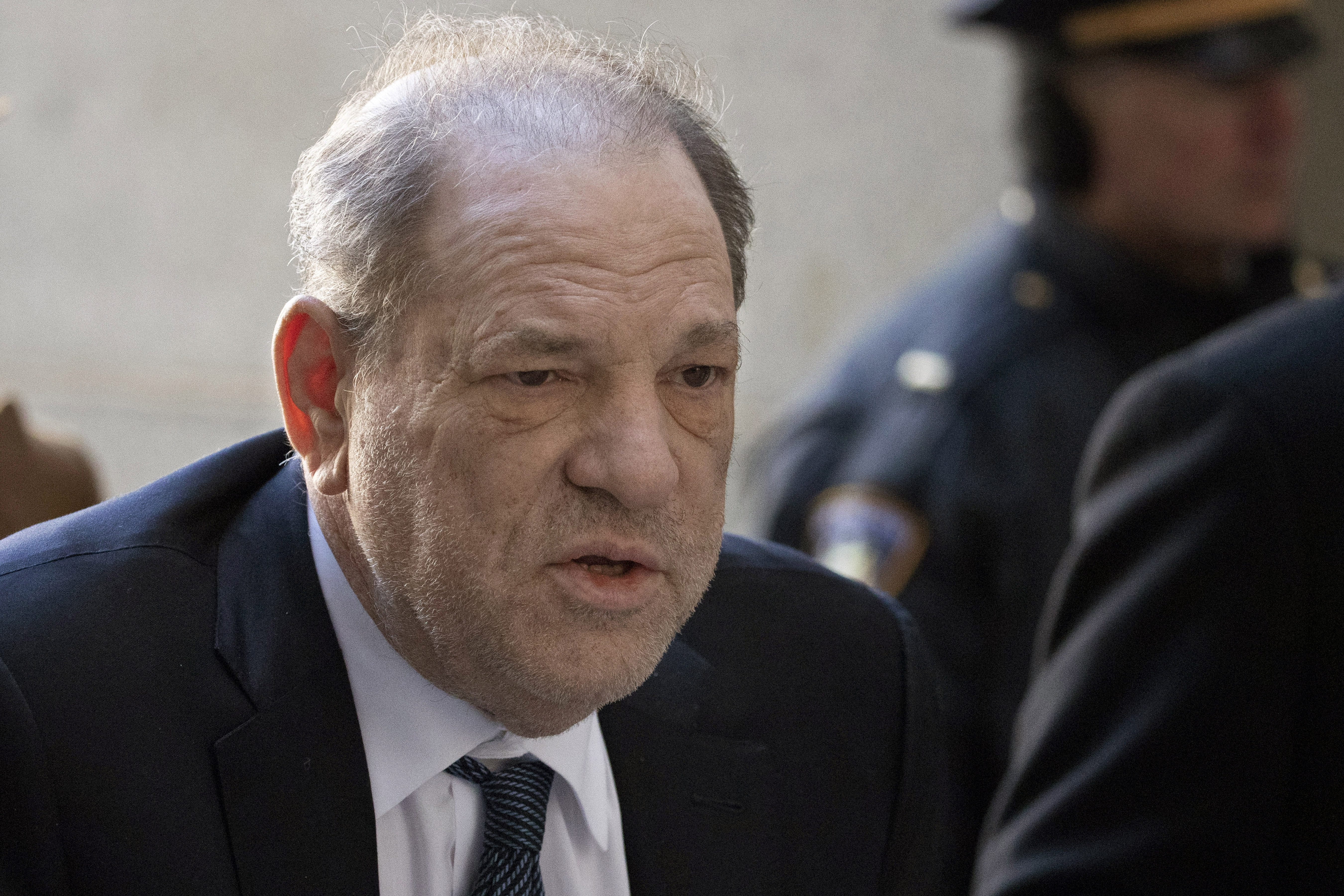President Joe Biden and congressional leaders announced Tuesday that they have reached an agreement on this fiscal year's final set of spending bills. Now, the question is how fast lawmakers can get the bills passed to avoid a partial government shutdown.
While Biden said he'll sign the bill package as soon as he receives it, time is running short. Legislative staff needs time to finish the bill text, an arduous task. The House has a rule that lawmakers get 72 hours to review a bill before voting. And the Senate has never been known for its ability to sprint. Meanwhile, funding for several key agencies expires at midnight Friday.
“We have come to an agreement with Congressional leaders on a path forward for the remaining full-year funding bills,” Biden, a Democrat, said in a statement Tuesday morning. “The House and Senate are now working to finalize a package that can quickly be brought to the floor, and I will sign it immediately.”
Work on the final spending bills hit a late snag around funding for the Department of Homeland Security, but the contours of that bill were resolved late Monday. Speaker Mike Johnson, R-La., said the relevant committees are now drafting bill text to be considered by the full House and Senate “as soon as possible.” Democratic leader Hakeem Jeffries, of New York, issued a similar statement, saying “in the next few days, upon completion of the drafting process,” Congress would consider the package.
We're making it easier for you to find stories that matter with our new newsletter — The 4Front. Sign up here and get news that is important for you to your inbox.
The action comes nearly six months into the fiscal year, with Congress still only halfway home in passing spending measures expected to total about $1.65 trillion. Lawmakers passed the first portion of spending bills in early March, representing about 30% of discretionary spending for the year. Now lawmakers are focused on the larger package and, in what has become routine, are brushing up against a shutdown deadline.
The package is expected to provide about $886 billion for the Pentagon. It will also fund the Departments of Health and Human Services, Labor and others.
Overall, the two spending packages provide about a 3% boost for defense, while keeping nondefense spending roughly flat with the year before. That's in keeping with an agreement that former Speaker Kevin McCarthy worked out with the White House, which restricted spending for two years and suspended the debt ceiling into January 2025 so the federal government could continue paying its bills.
U.S. & World
The day's top national and international news.
House Republicans have been determined to end the practice of packaging all 12 annual spending bills into one massive bill called an omnibus. They managed this time to break the spending bills into two parts.
With the possible release of legislative text late Tuesday, the House’s 72-hour rule means that chamber would not take it up until late Friday, just hours before funding expires. Johnson would then likely have to bring the bill up through a streamlined process requiring two-thirds support to pass.
Most of the “no” votes are expected to come from Republicans, who have been critical of the overall spending levels as well as the lack of policy mandates sought by some conservatives, such as restricting abortion access, eliminating diversity and inclusion programs within federal agencies, and banning gender-affirming care.
Then, the Senate would act on the bill, but it would require all senators to agree on speeding up the process to get to a final vote before the midnight Friday deadline. Such agreements generally require Senate Majority Leader Chuck Schumer to allow for votes on various amendments to the bill in return for an expedited final vote.



